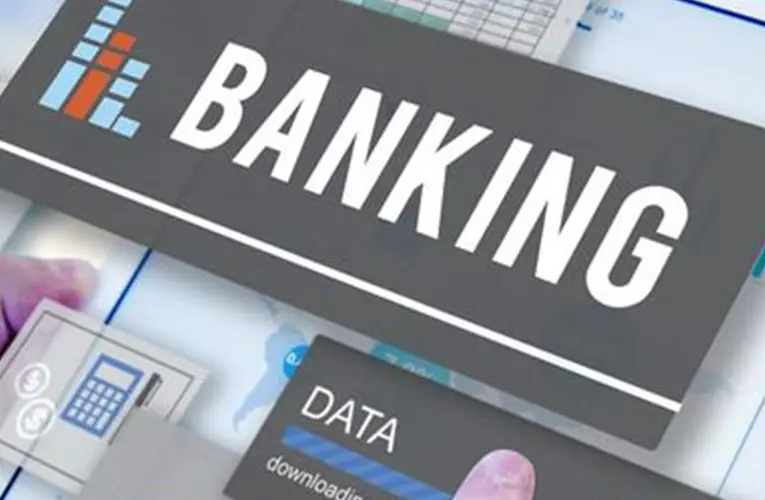“Virtual Classrooms: Adapting to Online Courses for Lifelong Learning”
In the realm of contemporary education, the shift towards virtual classrooms marks a profound transformation in the landscape of learning. This evolution is not merely a response to circumstantial challenges but represents a paradigmatic shift towards embracing online platforms as integral to lifelong learning. As technology continues to advance at a rapid pace, the accessibility and flexibility offered by online courses have revolutionized how individuals engage with educational content throughout their lives.
The essence of virtual classrooms lies in their ability to transcend physical boundaries, enabling learners from diverse backgrounds and locations to access high-quality educational resources. This accessibility is particularly crucial in the context of lifelong learning, where individuals seek to acquire new skills, deepen their knowledge, or pursue personal interests at various stages of their lives. Online courses cater to this demand by offering a diverse array of subjects and formats, ranging from structured programs to self-paced modules, thereby accommodating the varied needs and preferences of learners.
Moreover, the interactive nature of virtual classrooms fosters collaborative learning experiences, despite the absence of traditional face-to-face interactions. Through discussion forums, virtual labs, and multimedia resources, online courses simulate the dynamic exchange of ideas and perspectives that characterizes traditional classroom settings. This digital interactivity not only enriches the learning experience but also cultivates essential skills such as communication, critical thinking, and problem-solving in an increasingly interconnected world.
Furthermore, the adaptability of online courses allows educational institutions and instructors to continually innovate and refine their teaching methodologies. By harnessing data analytics and learning management systems, educators can personalize learning pathways, monitor student progress, and provide timely feedback, thereby enhancing the efficacy and efficiency of educational delivery. Such adaptive strategies ensure that learners receive tailored support and guidance, empowering them to achieve their academic and professional goals with confidence.
However, the transition to virtual classrooms is not without its challenges. Issues such as digital literacy, access to technology, and the need for inclusive learning environments must be addressed to ensure equitable educational opportunities for all. Educational policymakers, institutions, and stakeholders play a pivotal role in fostering an enabling environment that supports the integration of online learning into broader educational frameworks while addressing these challenges comprehensively.
In conclusion, the advent of virtual classrooms signifies a transformative era in lifelong learning, where online courses serve as catalysts for intellectual growth, professional development, and personal enrichment. By leveraging technology to expand educational horizons, individuals can transcend geographical constraints and temporal limitations to embark on a journey of continuous learning. As virtual classrooms evolve and adapt, they hold the promise of democratizing access to knowledge and empowering individuals to thrive in an increasingly digital and interconnected world.
This exploration into the realm of virtual classrooms and online courses for lifelong learning serves as a testament to the enduring value of education in shaping individuals and societies. As we navigate the complexities of a rapidly changing global landscape, embracing innovation in education becomes not only a necessity but a cornerstone of progress towards a more inclusive and knowledge-driven future.










